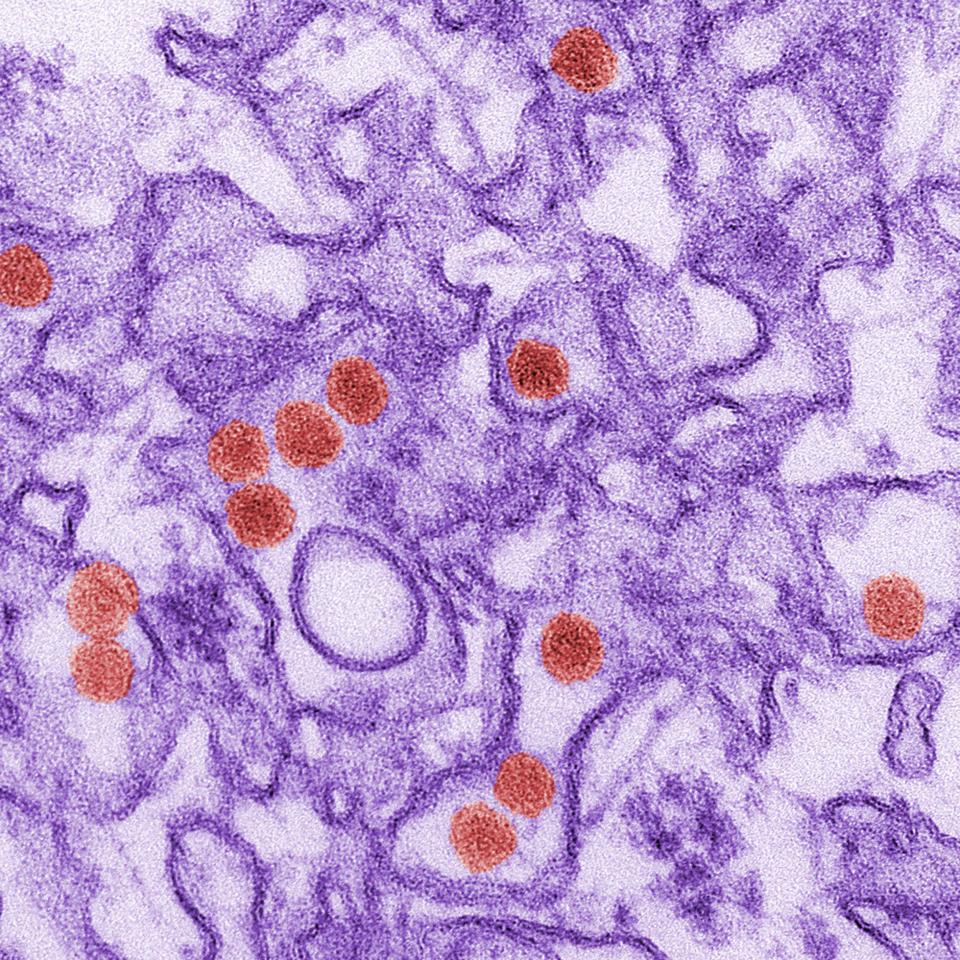Zika virus can ‘SHRINK a man’s testicles – leaving them infertile’
Persistence of the mosquito born virus in testicles could also lead to it being sexually transmitted and may impair a man's fertility, scientists say

ZIKA virus could shrink a man's testicles in as little as three months, experts have warned.
Persistence of the mosquito born virus in testicles could also lead to it being sexually transmitted and may impair a man's fertility, scientists have discovered.
Although the findings were in mice, they warned the findings could have devastating impacts for people as the virus can remain in human semen for months.
To date, much of the research around Zika has focused on how it affects pregnant women and causes severe birth defects in unborn babies.
Studies have also shown it increases the risk of developing Guillain-Barré syndrome, which can leave a person temporarily paralysed.
But now, there are fears a man’s fertility could be affected – after a US study found the virus targets the male reproductive system.
A team of researchers discovered that the Zika virus continued to replicate in testicular cells even after it was cleared from the blood stream.
They also discovered that 21 days after infection, the testes of infected mice were significantly smaller than those of control mice.
First author Ryuta Uraki, from Yale University, said: "This study shows how the Zika virus replicates in and damages testes.
"The persistence of the virus in a storage compartment known as the epididymis, which conveys sperm from the testicle to the urethra, is consistent with the reported cases of male-to-female sexual transmission."
RELATED STORIES
He said the finding of reduced testicular size — known as testicular atrophy — indicates a potential long-term effect on male fertility.
He added: "These results suggest that infection can cause reproductive deficiency in males."
The study builds on other recent findings that Zika virus can inhibit male fertility.
The US Centers for Disease Control and Prevention recommend that men who have travelled to a Zika-endemic region use condoms for six months, regardless of whether they have had symptoms of Zika infection.
The study was published in Science Advances.
We pay for your stories! Do you have a story for The Sun Online news team? Email us at tips@the-sun.co.uk or call 0207 782 4368













